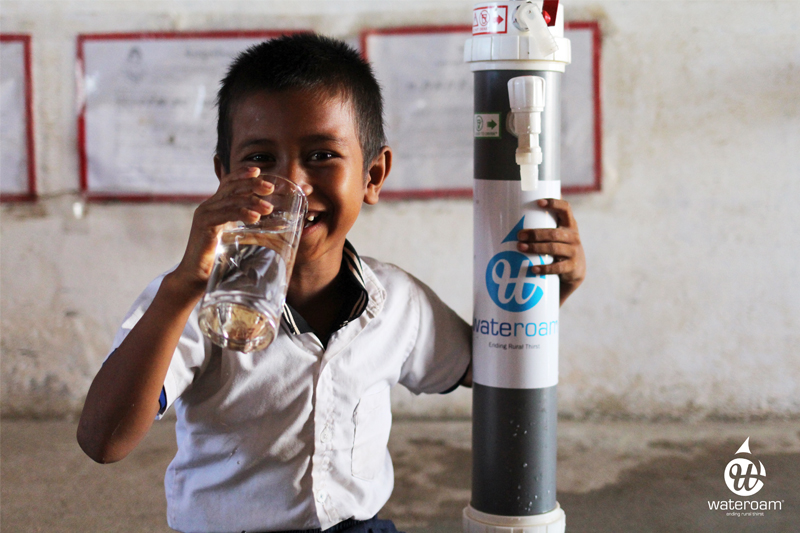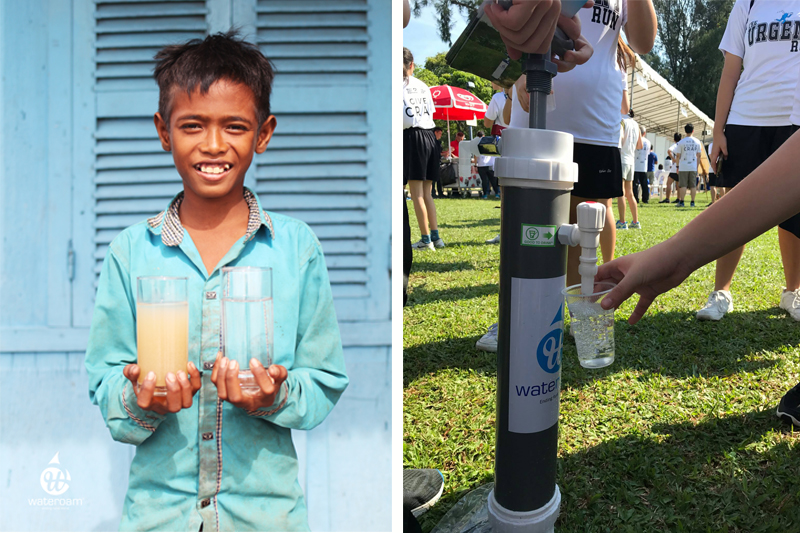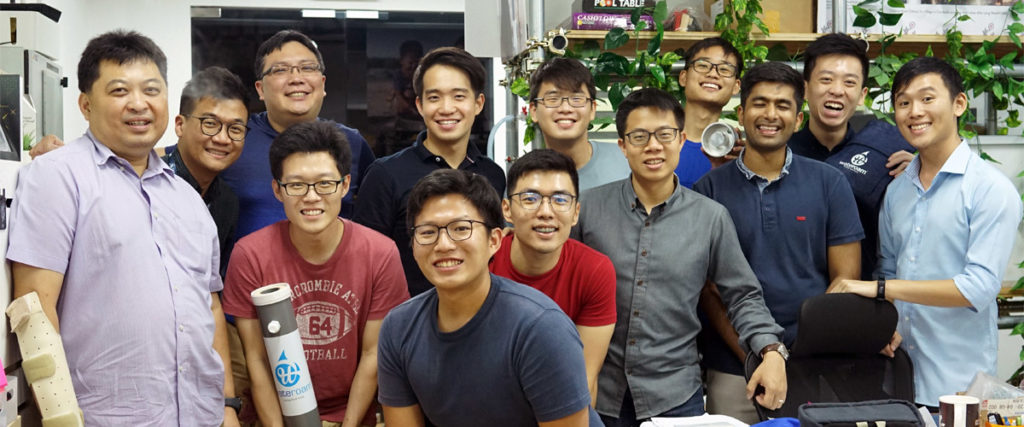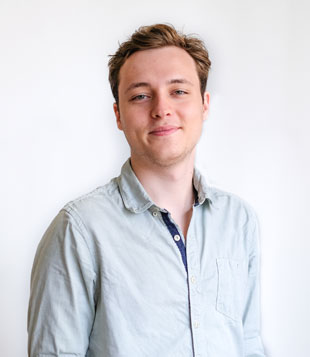The founders of social startup Wateroam have come up with a safe, simple and intuitive solution to give the world clean water. A trio of university graduates, they’ve developed a portable water filter that will change lives.
The number of people around the world without access to clean drinking water is just shy of 900 million. “When you look at some of these numbers, it sounds a little abstract. People have a tendency to believe it’s not a solvable issue. But through informed choices and decisions, it is solvable,” says Lim Chong Tee, CMO and co-founder of Wateroam. The company is a Singapore-based social impact startup founded in 2014 that has designed a small, lightweight and simple filter to be used on the ground, providing clean drinking water access to those lacking it. With a vision to use their knowledge and skills for the greater good – and to build a world with access to clean water, Chong Tee took the time to talk us through the journey he and his two co-founders David Pong and Vincent Loka have taken to give Wateroam the impact it has today.

The three originally met at the National University of Singapore, but were properly brought together through an accelerator called the Hydropreneur programme, organised jointly by the university and the Singaporean Public Utilities Board. “We went through a very rigorous timetable and learned a lot, but we were fed up with academic knowledge. There’s often this feeling that we weren’t really applying what we learned,” explains Chong Tee. The three were well aware of their privileged lives in Singapore with clean, drinkable tap water, but looking at nearby countries such as Cambodia, Myanmar and Laos, they soon realised that there was a colossal problem at hand. “I think there were pretty much no questions asked between each of us regarding what we wanted to do after graduation and that was actually strengthened by some of our experiences on the ground, thanks to the Hydropreneur programme,” he says. It was never their intention to become a business either: “We just wanted to come up with practical and pragmatic solutions to change people’s lives. That’s how we got ourselves into this and we haven’t looked back since.”
Their studies had shown them that, in Asia, a vast number of people, especially in rural areas, are forced to drink water straight from potentially contaminated sources like rivers and lakes. “But it’s hard to extract the problem just from economic books. At the end of the day, it’s a challenging problem with other factors too like geographical, cultural and habitual constraints,” says Chong Tee. Archipelagic countries like the Philippines and Indonesia suffer from diverse populations, making efficient infrastructure no easy task, while cultural habits are especially hard to kill when people have been drinking from the same water source their whole life. “But this is why the partners we work with – nonprofits, NGOs, religious groups and mission teams – focus a lot on education to help those on the ground truly understand the issue.”
You might also like Smart Bins: The Key to Cleaner Cities?

Playing the part of the tech provider, Wateroam has developed a filter capable of turning contaminated water into a completely drinkable source – but adapting it to areas without proper infrastructure such as roads and electricity was no easy task. “When we first built our so-called solution, it worked without electricity, but weighed close to 50kg! One of the most embarrassing things that happened to us was that one of our founders badly injured his back trying to carry this thing to Indonesia,” he laughs. “It was terrible. It cost about SGD 3000 but was entirely impractical.” Given time, the trio came up with something more apt: “We went through about 15-20 iterations of the product. What we have today is a community system able to provide 200 litres per hour for about 100 people – yet it weighs just 2.5kg,” Chong Tee explains. With a simple design that looks a bit like a bicycle pump, Roamfilter is a portable filter that can be used anywhere – and by anyone. Small enough to be hand-carried, it’s well suited to hard to reach places – even disaster relief situations – and is entirely user-friendly. Thanks to its system of filters, the hand pump-operated Roamfilter plus is capable of blocking particles up to 0.02 microns in size – think a meter split up 50 million times – and eliminates 99.9999% of bacteria.
For Chong Tee, simplicity has been key. “If you want to build a solution that works in these rural places, you can’t have a design that’s overly complex. It needs to be easy to use and portable. In comparison, other water purification options like chlorine tablets aren’t sustainable.” And that’s meant their product has got right to the heart of where it’s needed. “Right now, our customers are mostly NGOs and organisations purchasing our filters on behalf of a community. We’re talking schools, healthcare centres and village community centres. To reach out to as many people as possible, we needed the cost per head to be low. The system can last for two years at USD 399, working out to about two dollars per person per year,” explains Chong Tee.
Wateroam’s end game is hidden in its name. The intention is to provide a watery equivalent to the data roaming on your phone: something accessible and connective, made possible thanks to not a phone provider, but instead a network of partnerships and a portable filter system. “Ultimately we want to make sure the end-users themselves are able to afford it,” says Chong Tee. As it stands, Wateroam filters have given clean water to about 70,000 people with a goal to hit 3 million in the next five years. “We have people who are in Wateroam because they genuinely want to affect change. And I think that really makes a huge difference.”
Interested in more social initiatives? Check out our full Hive Life series on Social Startups to Watch.
Related Articles
ili: The Ultimate Instant Translator





